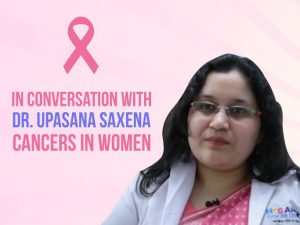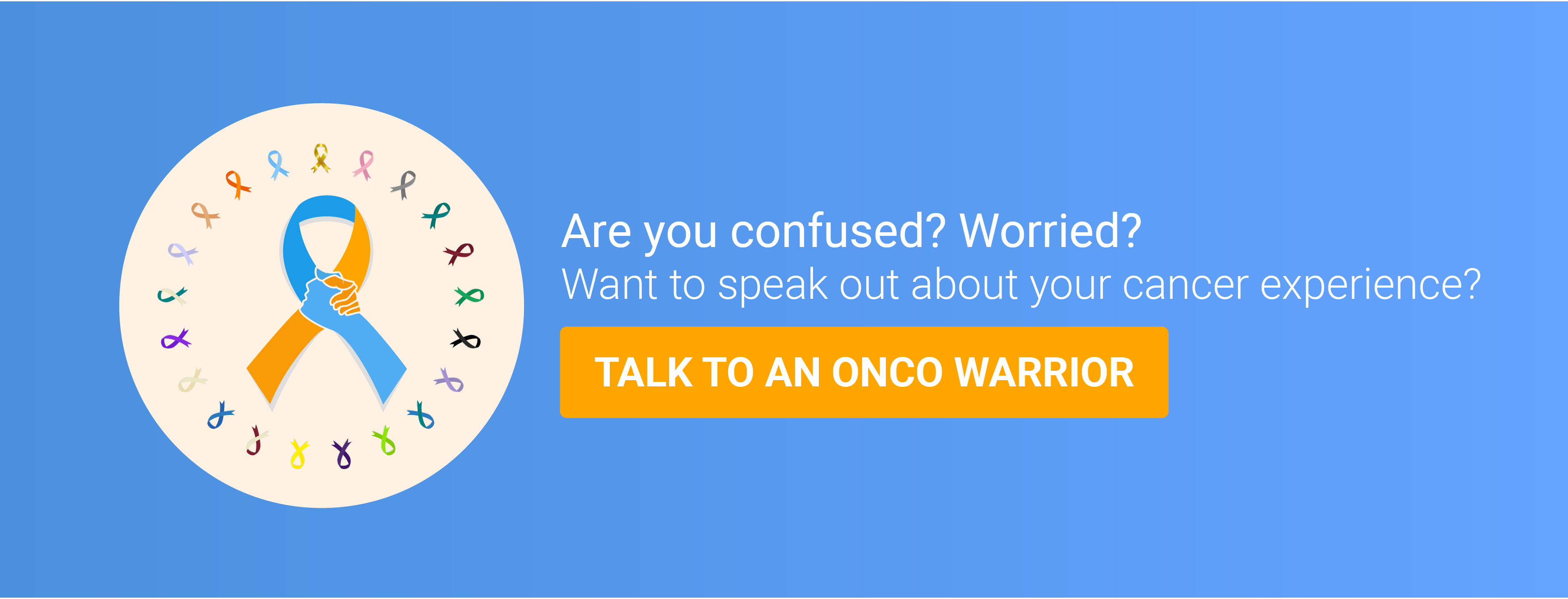Dr Upasana Saxena is a senior radiation oncologist at Onco.com. She has 11 years of expertise in gastrointestinal, brain, spinal and head and neck cancers. She has hands-on experience in conventional, 3DCRT, IMRT, IGRT, SRS, SRT, SBRT techniques. In this interview Dr Saxena talks about women cancers namely, cervical, breast, ovarian and endometrial cancers.

She discusses the chances one develops them, how it may be prevented, and what tests guarantee keeping these cancers at bay. When asked if risks for developing women cancers vary with age she elaborates with a dash of statistics and facts in the present day scenario. She draws up a safe timeline for imaging tests, blood tests and other procedures like CA-125.
This interview answers some hot-button topics of the day like:
- What tests need to be done regularly to stay away from these cancers?
Here, Dr Upasana details the series of tests that are recommended for breast cancer, cervical cancer and ovarian cancer. From self-examinations to X-rays, pap smears to mammographies, she covers them all. She even also discusses these tests in a context specific to the Indian woman.
2. What are some online support groups that help keep the mood light and positive?
Dr Upasana encourages patients to reach out to doctors as they are usually well connected with support groups at national, state and local levels.
3. In India, cancer is a taboo and many still believe that cancer happens to patients with ‘bad genes’ or those who are somehow connected with ‘evil.’ How do you answer such types of questions?
Dr. Upasana responds this by clarifying that these ‘bad genes’ are actually genetic mutations. She also acknowledges the fact that while cultural and societal superstitions are inevitable, as a doctor, she tries to help patients focus on finding a solution to the problem than attributing to a cause may be ‘evil’.
4. Do cancers in women affect their ability to have children?
Here, she says that cancer does not necessarily affect a woman’s ability to have children. Ovarian, breast and cervical cancers can cause fertility issues depending on its type and stage.
5. How does a woman protect herself from these cancers?
Here, Dr Upasana discusses the causes and risk factors of cancers among women along with prevention tips against them.
Dr Upasana Saxena also encourages adoptions or surrogacy and ova-preservation if complications arise out of these cancers. But she assures that, generally, two years post-treatment life can go back to normal. Jump right ahead and watch the full video for more insights into women cancers.




